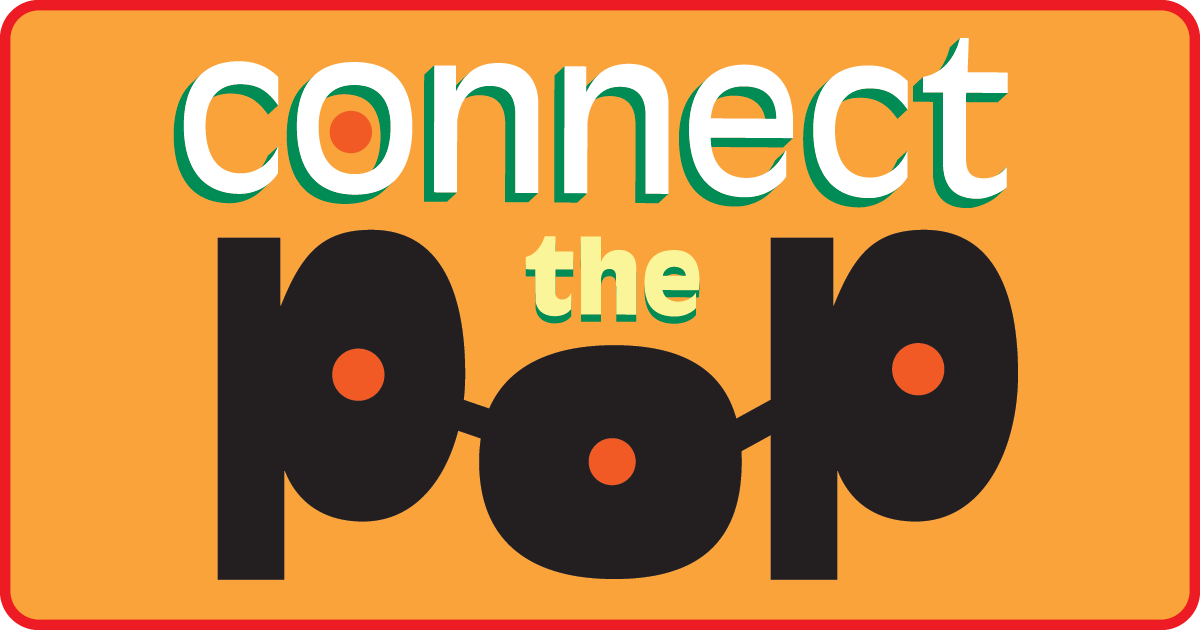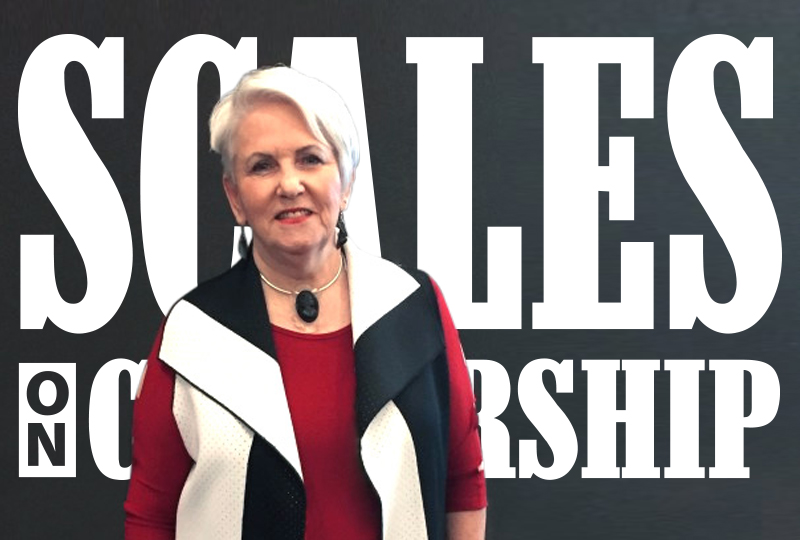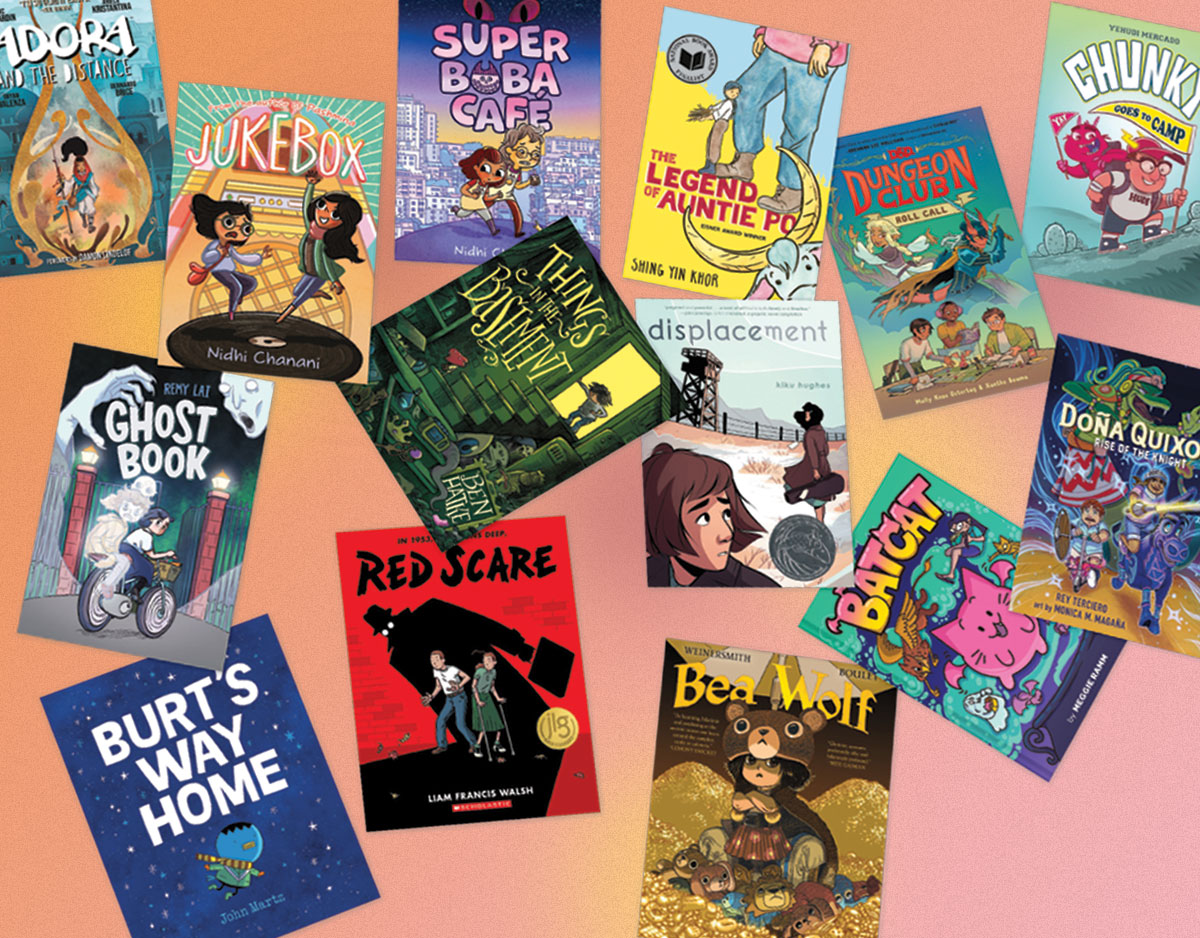SCROLL DOWN TO READ THE POST
The Oscars: Frank Baker Talks Critical Thinking, Movie Fandom, and the Common Core
Anyone who follows media literacy education, and the constant opportunities for engagement around it that real-world media provides, is likely to check in with Frank W. Baker on a regular basis. That’s because if something teachable suddenly surfaces, chances are he’s on top of it, either through his go-to Web resource, the Media Literacy Clearinghouse, or or his media blog for NCTE. In fact, it was the latter where, in a recent post, he tackled the subject at hand: the Oscars. The last time CTP caught up with Mr. Baker, you may recall, was in a series of posts about the 2012 presidential election. The series was such a success that I wanted to chat with him about something equally earth-shattering: who’ll take home the gold this Sunday… and how librarians and teachers might leverage students’–not to mention their own–interest in the Academy Awards to further media literacy.
***
First off, what’s your take on the Oscars this year? Anything you’re gratified by–or disappointed by?
I think 2012 has some of the best group of films, mainstream and independent, in years. I think that has been demonstrated by the nine films which got Best Picture nominations. 2012 also had the best box office attendance in a while, and why not–the caliber of films was, in my opinion, better than ever. First, I saw The Master (with Philip Seymour Hoffman and Joaquin Phoenix) and those two male leads gave some very powerful performances. Next, I saw Beasts of the Southern Wild, and again strong performances by virtual unknowns is just one reason everyone should see this film. Then I saw Life of Pi, and was blown away by director Ang Lee’s adaptation of what is a wonderful book. I can only describe this film as lush, and I hope the Academy recognizes the work that went into it. Next, I saw Anna Karenina and as I predicted, it got Oscar noms for costume and the newly named production design award. Les Miserables may give AK a run for its money in both of those categories. It was a rich year in many categories: The Hobbit created a lot of buzz, especially around the 48 fps controversy, and speaking of controversy, Zero Dark Thirty must have had the most press ever for a film that had not opened until after the first of the year. (And with the US Senate investigating the film’s connection with torture and the “assistance” of some in the fed, it will continue to be in the news.)
ADVERTISEMENT
ADVERTISEMENT
 Argo was an interesting film and it reminded me that there were more docu-dramas competing than ever before. The leads in Hitchcock (Anthony Hopkins and Helen Mirren) were very good. And if you are one of the few who still has not seen Lincoln, you must see it: I believe this film should be required viewing for every student of American history, and now it appears it will be–Participant Media has announced that in conjunction with their upcoming social action campaign, “Stand Tall: Live Like Lincoln,” DreamWorks Pictures/Twentieth Century Fox’s Lincoln will be distributed to all middle and high schools, both public and private, throughout the U.S. when the film becomes available on DVD. (Also, it didn’t hurt that it was screened in Washington, DC in the middle of the “fiscal cliff” debacle.) Last, but certainly not least, the most recent Oscar-worthy film I saw was Silver Linings Playbook. Director/screenwriter David O. Russell deserves a nod, for a wonderfully engaging story, as do the leads: Bradley Cooper and Jennifer Lawrence.
Argo was an interesting film and it reminded me that there were more docu-dramas competing than ever before. The leads in Hitchcock (Anthony Hopkins and Helen Mirren) were very good. And if you are one of the few who still has not seen Lincoln, you must see it: I believe this film should be required viewing for every student of American history, and now it appears it will be–Participant Media has announced that in conjunction with their upcoming social action campaign, “Stand Tall: Live Like Lincoln,” DreamWorks Pictures/Twentieth Century Fox’s Lincoln will be distributed to all middle and high schools, both public and private, throughout the U.S. when the film becomes available on DVD. (Also, it didn’t hurt that it was screened in Washington, DC in the middle of the “fiscal cliff” debacle.) Last, but certainly not least, the most recent Oscar-worthy film I saw was Silver Linings Playbook. Director/screenwriter David O. Russell deserves a nod, for a wonderfully engaging story, as do the leads: Bradley Cooper and Jennifer Lawrence.
I really liked most of these films, too, but our enthusiasm suggests a follow-up: do you think it’s important for educators to share their own fannish attitudes and interests? Because, after all, clearly you and I are both movie buffs apart from our focus on media literacy.
Yes: I think it is fair, appropriate and altogether fitting that we share our passion for media. I think a great question to ask anyone and to demand an answer to is: why are you a fan of __(fill in the blank)_?
When we grew up, most of us gravitated to music, musicians, TV shows, actors, movies, movie stars, books and more. The same can be said of today’s young people. The media becomes part of our cultural conversation (e.g., what movie did you see this weekend?). It’s still great fodder for water cooler conversations, except today the water cooler is a blog, or a tweet. Many of us love to share the plot of a film and why we liked it, if we did.
When I was growing up, I could not get enough of the sci-fi series Lost in Space, and even met Billy Mumy (the young actor who played Will Robinson). I loved Motown and later the gothic soap-opera Dark Shadows. So fandom and love of media are often times life-long passions. In my media literacy workshops, when we get to the part on film, I will ask participants to share the name of their favorite movie, but before they answer, I will ask them to respond by describing a specific scene that makes it memorable. The lead-up to this discussion is all about the “languages of film,” so after someone elaborates on a scene, I will ask them to match that scene to one of the languages (e.g., acting, sets, music, special effects, cinematography, costume, makeup, etc.). By doing this, I am trying to make the point that mise-en-scene (everything in the frame) is important and that we (including our students) should all pay closer attention to film techniques as well as what goes into making a movie. In fact, I might argue, the fact that the new Common Core Standards emphasize “close reading” analysis is justification for analyzing media (and movies) as texts.
I don’t disagree, and in fact love that film analysis exists in some form in CCSS. I’m just concerned that this is either not explicitly acknowledged as part of “media literacy” or not connected to the critical skills involved in MLE. For example: Lincoln. The scenario I see playing out in many classrooms is some students seeing such films and feeling, “Wow–now I really know the history”–and that social studies teachers, happy that history has been popularized so well, may assume they have acquired the relevant media literacy skills elsewhere. In other words, the skills necessary to distinguish between history and a version of history, regardless of how artful or moving it is. Since I know this is a topic you’ve explored–and because, after all, Argo and ZD30 are also based on historical events–can you comment on the pedagogical risks, if you will, that are involved when educators encourage students to see certain types of films but don’t supplement it with critical thinking about the medium itself or its creative process?
I think educators are doing a disservice to students by not engaging them in critical thinking about film. In an essay I authored recently (Movies Are Not History-And They Will Never Be) I argued that when we sit down to watch a film, sure we want to be entertained. But entertainment is not the purpose of film use in the classroom–education is. So the teacher needs to be well-equipped to position film within teaching standards as well as critical thinking. How many teachers, for example, pose questions to students before playing back a scene? How many teachers have been trained to help their students understand the “language of film”? How many educators know that the new Common Core Standards for English Language Arts actually recommend that we help students understand the techniques filmmakers use as well as the choices made by actors and directors? CCSS opens the door and encourages educators to make film education a priority every time they use a film.
I know, and that’s something I’m not only working on personally, but I’d like us to revisit in a bit in the context of the Oscars. But before we do that, I want to focus on this idea of entertainment—more specifically, how the Oscars are themselves are entertainment. I don’t think that’s a bad thing—well, maybe as a cineaste I get snooty about it, but as a media lit guy, I’m overjoyed at the possibilities it opens up. In other words, to what degree is “teaching the Oscars” not really about the Oscars at all, or even really about movies, but rather about all the media (print, Web, broadcast) that cover the Oscars? That is, analyzing how the awards are represented, how discourse is framed, what assumptions the message-makers have, and so on?
ADVERTISEMENT
ADVERTISEMENT
You bring up a good point. Just as politicians need the media (which I wrote about in my book) so does the film industry. The PR and marketing arms of the studios go into high gear months before the awards season starts. (Note to educators: do a keyword search for “Oscars” in Yahoo News or Google News and you’ll see firsthand the vast diversity of sources, including blogs, that write about, and cover, the films.)
I am not sure how many schools (K-12) would take the time to delve into the symbiotic relationship between the media (which covers film) and the film studios themselves–which in many cases are the same corporate owners. I am sure someone out there is watching closely and monitoring for example how ABC News (owned by Disney) has reported on Disney films this year.
Teaching the Oscars has many facets. And many innovative, forward-thinking educators are going to find the hook that makes movie award season an appropriate time to incorporate this part of popular culture into the classroom.
Earlier this year, the selection of Seth McFarlane as the host generated a lot of buzz, both positive and negative, and I think that’s exactly what the Academy wanted–since attracting a huge, youthful audience to the ABC-TV telecast is important. (The Golden Globe broadcast on NBC saw a large bump in its ratings, in part due to co-hosts Tina Fey and Amy Poehler.) In fact, the Oscar telecast also commands a high price for a 30-second ad, but not the $4 million each ad in this year’s Super Bowl costs.
***
[Please come back in a couple of days, when we’ll expand upon these Oscar- and movie-related topics to discuss CCSS and the writing curriculum, among other things. -Peter]
Filed under: Fandom, Media Literacy, Movies, Social Studies, Television
About Peter Gutierrez
A former middle school teacher, Peter Gutierrez has spent the past 20 years developing curriculum as well as working in, and writing about, various branches of pop culture. You can sample way too many of his thoughts about media and media literacy via Twitter: @Peter_Gutierrez
ADVERTISEMENT
SLJ Blog Network
Name That LEGO Book Cover! (#53)
Cover Reveal and Q&A: The One and Only Googoosh with Azadeh Westergaard
Exclusive: Vol. 2 of The Weirn Books Is Coming in October | News
Take Five: Middle Grade Anthologies and Short Story Collections
The Classroom Bookshelf is Moving
ADVERTISEMENT
ADVERTISEMENT









